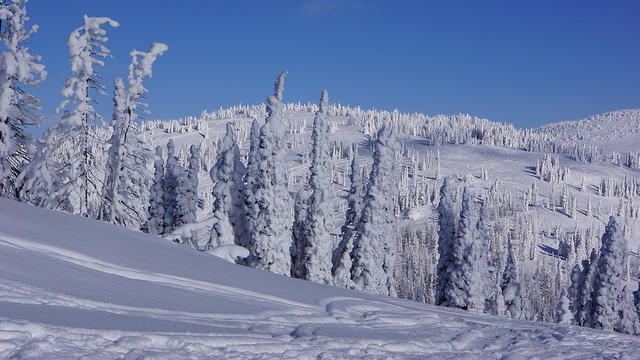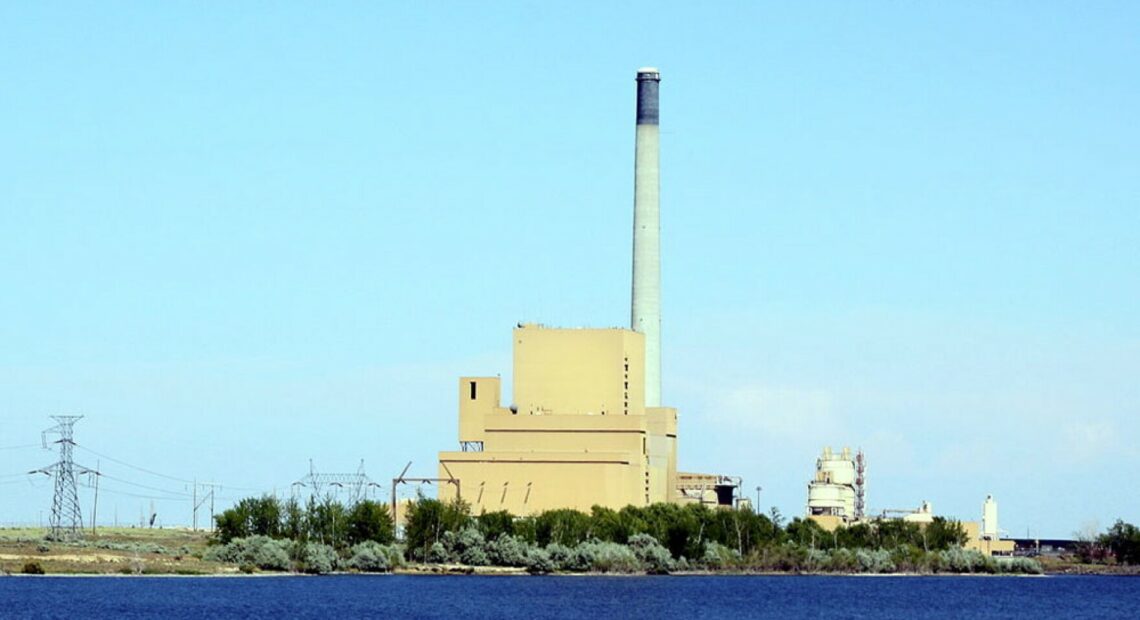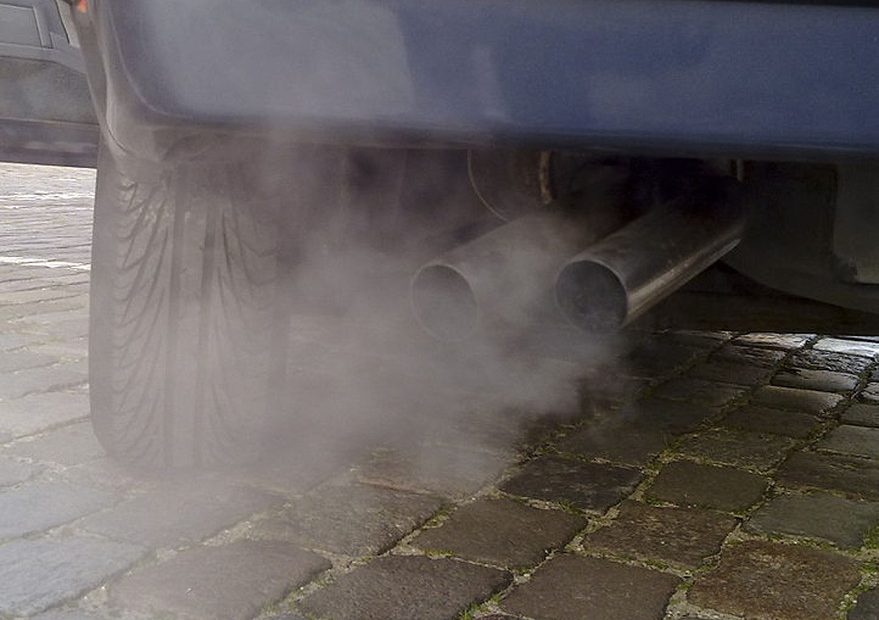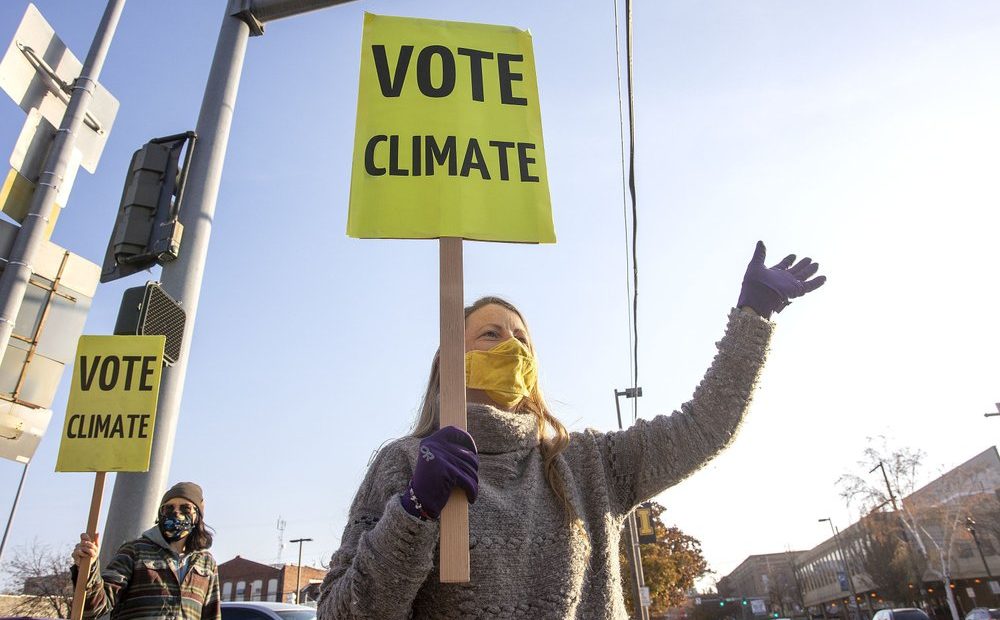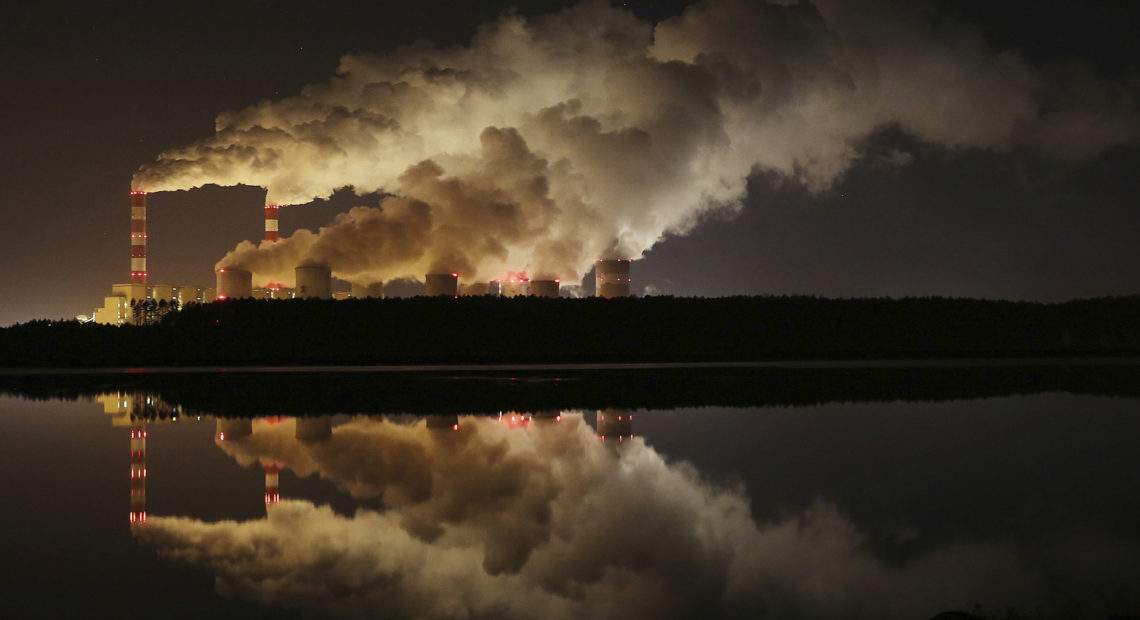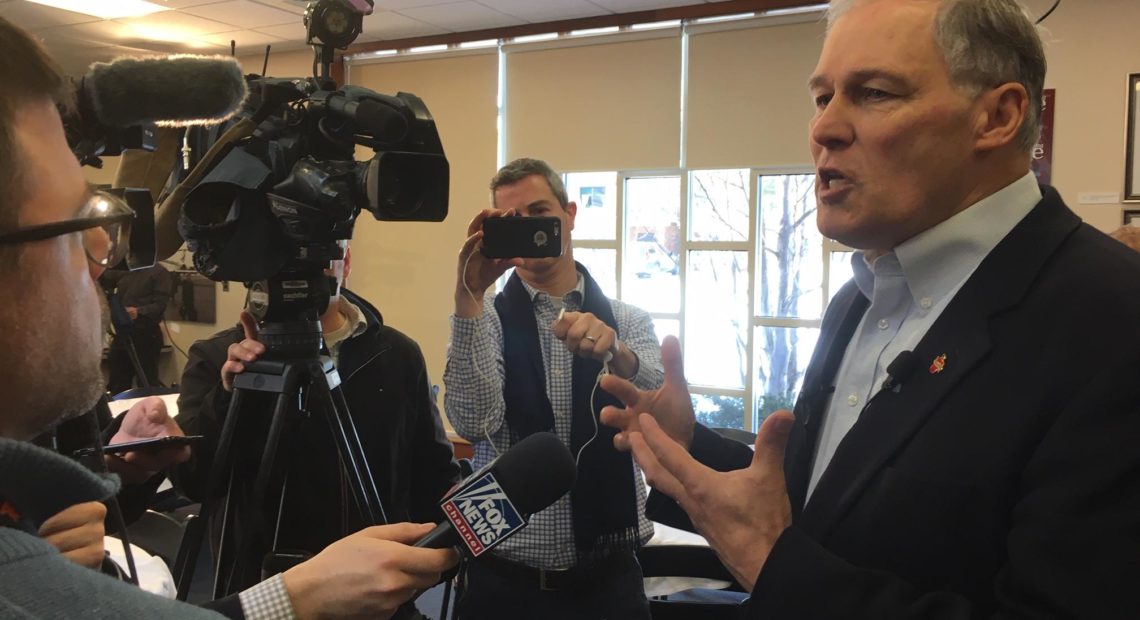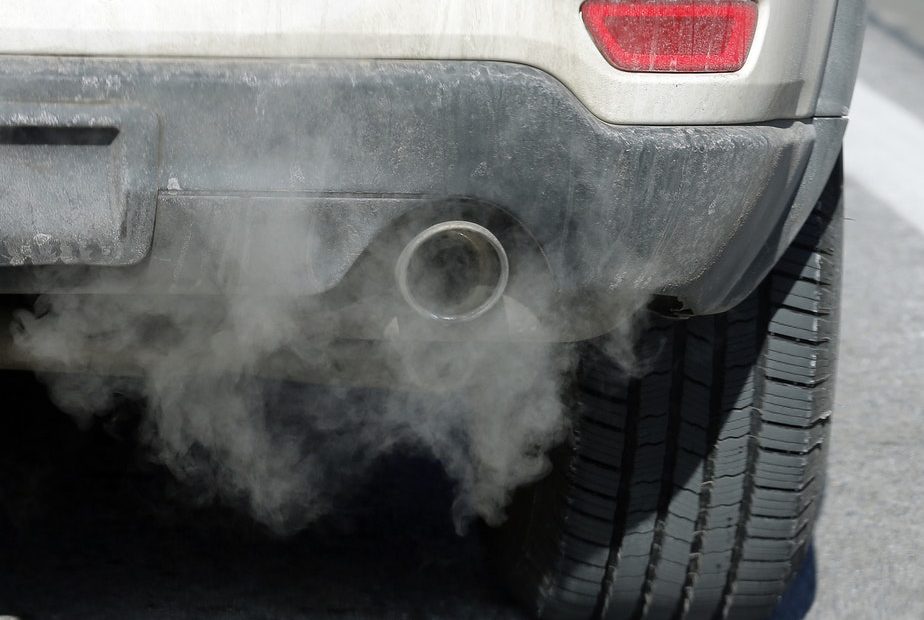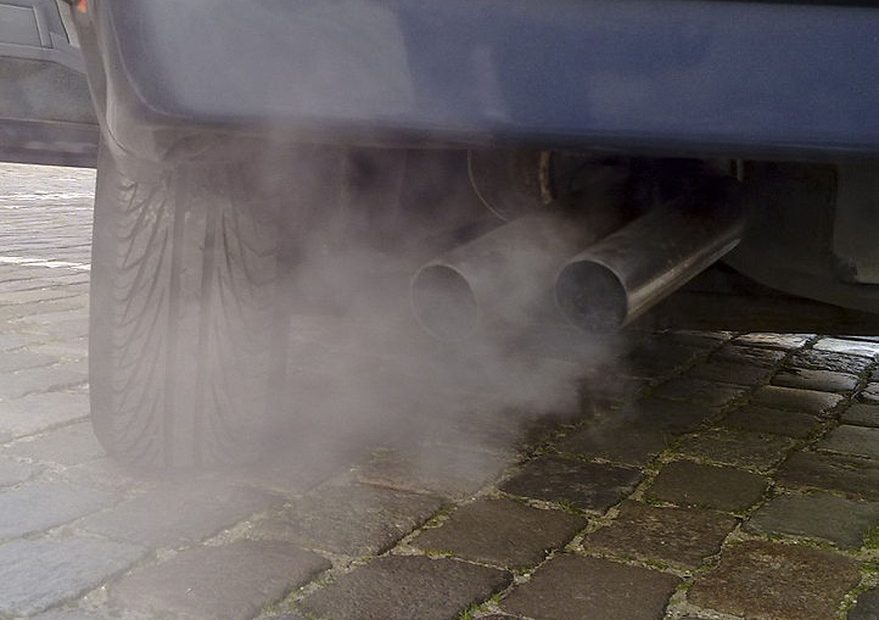File photo of snowy Idaho mountains. (Credit: Motowebmistress, Flickr Creative Commons) Listen (Runtime 1:03) Read For mountain snowpack to melt slowly, not all of the white fluffy stuff is created […]Read More
Coal plant closures in the Northwest and an increase in natural gas generation meant fewer heat-trapping carbon dioxide emissions recently contributed to climate change, according to new data from the Northwest Power and Conservation Council.Read More
The state’s new fuel standards will slowly lower the amount of heat-trapping greenhouse gasses coming out of vehicle tailpipes through 2035. That means cleaner technologies biodiesel or renewable natural gas will get a boost over gasoline and diesel.Read More
The move, long threatened by President Donald Trump and triggered by his administration a year ago, further isolates Washington in the world but has no immediate impact on international efforts to curb global warming.Read More
Humanity is not on track to avoid the most catastrophic impacts of climate change. Delegations from nearly 200 countries are meeting to discuss promises they made to reduce greenhouse gas emissions.Read More
Campaigning for president in California on Friday, Washington's Gov. Jay Inslee called for all new cars and new buildings to be carbon-free by 2030 and all electricity to go carbon-free by 2035. Inslee's announcement at a press event in Los Angeles marks his first concrete policy idea since launching his campaign two months ago on a platform of combating climate change.Read More
Washington lawmakers are developing a low carbon fuels standard. If signed into law, new rules would limit the amount of carbon coming out of car and truck tailpipes. Backers say it’s necessary to combat climate change. Critics say it will increase the price at the pump.Read More
The gas and diesel you use to fuel your car are some of the biggest sources of greenhouse gasses and air pollution in Washington. Some lawmakers want to change that.Read More

